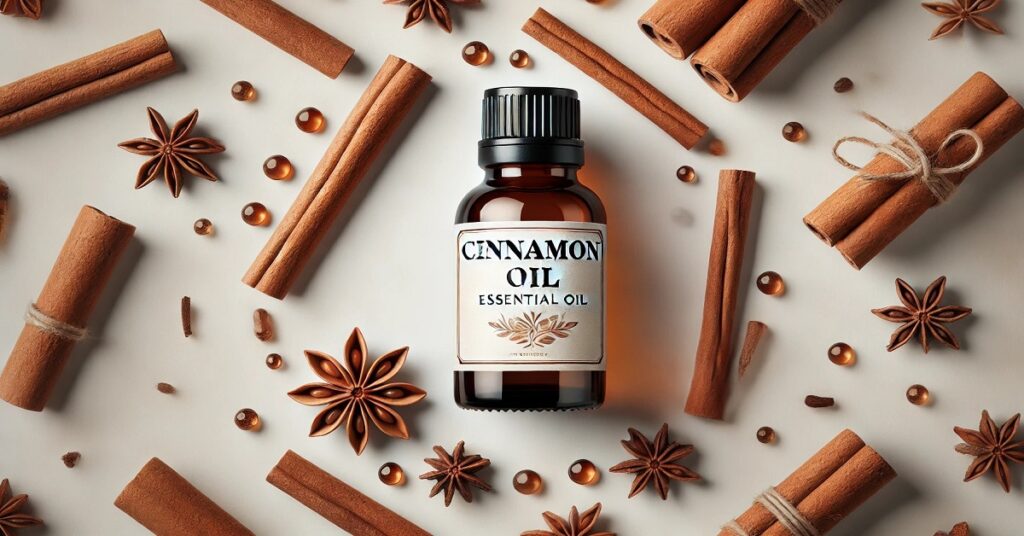
WARM CINNAMON OIL: Rich, flush, and perfumed with an irresistible warmth. Transport yourself to that place of comfort with the flicker of a flame. Take in this oil as it wafts through your home, illuminating cozy winter nights, festive gatherings, or any room where only its unmistakable scent can keep you grounded. More than just its fragrant whiff of delectable cinnamon buns, we crack open the lid to investigate why this potent oil alleviates far beyond sweet tooth pain, whether health, wellness, or beauty. In this review, I will be going through everything about cinnamon oil, beginning with its history and wide range of uses so you can understand what you are getting once purchasing such a product.
Table of Contents
Here’s a structured Table for the article on Cinnamon Oil – The Aromatic Wonder with Unlimited Benefits
Introduction to Cinnamon Oil Why Cinnamon Oil Is an Aromatic Wonder What Is Cinnamon Oil? Extraction and Types of Cinnamon Oil Differences Between Cinnamon Bark Oil and Leaf Oil Is Cinnamon Oil Edible? Dilution and Consumption Recommendations My Personal Experience with Cinnamon Oil Health Benefits of Cinnamon Oil Cinnamon Oil for Skin and Hair How to Use Cinnamon Oil Benefits and Applications of Cinnamon Oil Research and Studies on Cinnamon Oil Pros and Cons of Cinnamon Oil Tips and Advice for Using Cinnamon Oil DIY Recipe: Skincare Mask with Cinnamon Oil Conclusion – The Multifunctional Magic of Cinnamon Oil Frequently Asked Questions (FAQs) |
This layout provides an organized structure, covering all aspects of cinnamon oil, from its uses to safety tips and frequently asked questions.
What Is Cinnamon Oil?
Cinnamon oil is an essential oil derived from the bark or leaves of a cinnamon tree. It carries a warm, spicy fragrance and has powerful benefits that facilitate several home remedies. This section describes the different types of cinnamon oil available and, finally, how to use these oils in your everyday life.
Is Cinnamon Oil Edible?
Cinnamon oil is not recommended for internal use because it is too concentrated. Nevertheless, it can be in small amounts, with the diluted versions used longer for cooking. This section includes safe ways of consuming it by drinking, how far we should dilute it, and, if used for taste, others who wish to enjoy its flavor in food without the risk associated with pure oil consumption.
My Experience with Cinnamon Oil
The Initial Encounter
It was after that first experience with cinnamon oil that everything changed. Its warm smell immediately uplifted my spirits, making the room feel comforting and refreshing. Eventually, I began to expand on the aromatherapy uses for geranium.
Incorporating into Skincare
I tried adding a drop of diluted cinnamon oil to my moisturizer, and it was thrilling how soft and glowy (moist!) my skin felt. In this area, I will inform you regarding my specific approach, what safety measures to take, and what advantages come from using it routinely.
In Haircare
When I conditioned my locks with cinnamon oil, my hair felt soft and had a pleasant, mild smell. For the fun part, I will go over each DIY hair mask recipe I tested and saw results within 2–3 weeks ().
Culinary Trials
I tested little bits of cinnamon oil diluted in recipes with adventurous results. These are my stories, and they should include the precautions I took to stay safe.
Wellness Routine
When stressed, I can use a diffuser to diffuse cinnamon oil in my wellness routine. It was my mood booster and a peace, so I will share why it lifted me.
Final Reflections
My encounter with cinnamon oil has helped me in many ways, from skin to mood and energy management. In this post, I am chatting to you about my experience and how Cinnamon oil is now a staple part of my day.
Cinnamon Oil Health Benefits

Health Benefits of Cinnamon Oil
Broad-spectrum: Bactericides, fungicides that can be put in home sanitizing solutions, and wellness oils.
Better Blood Flow: It may improve blood flow by positively affecting vascular health.
Relieves Pain: Warms and loosens the muscles & helps relieve joint pain.
Packed With Antioxidants: Fights oxidative stress and improves cellular function.
Immunity Support: Help the body damage diseases by boosting the immune system.
Cinnamon Oil For Skin and Hair
Brightens Skin: When mixed with a carrier oil, Cinnamon bark oil can even improve the complexion and glow of the skin.
Acne treatment: It is effective against the bacteria that cause pimples.
Microfiber shampoos provide an additional soft touch and a shiny hair look. They stimulate scalps, improve blood circulation, promote healthy natural hair, and help stimulate the skin’s surface fungi in all hair types.
Lessen Scalp Dandruff: Reduce dandruff and itchy scalp.
Anti-aging Effects: rich in antioxidants fighting off fine lines and aging.
How to Use Cinnamon Oil
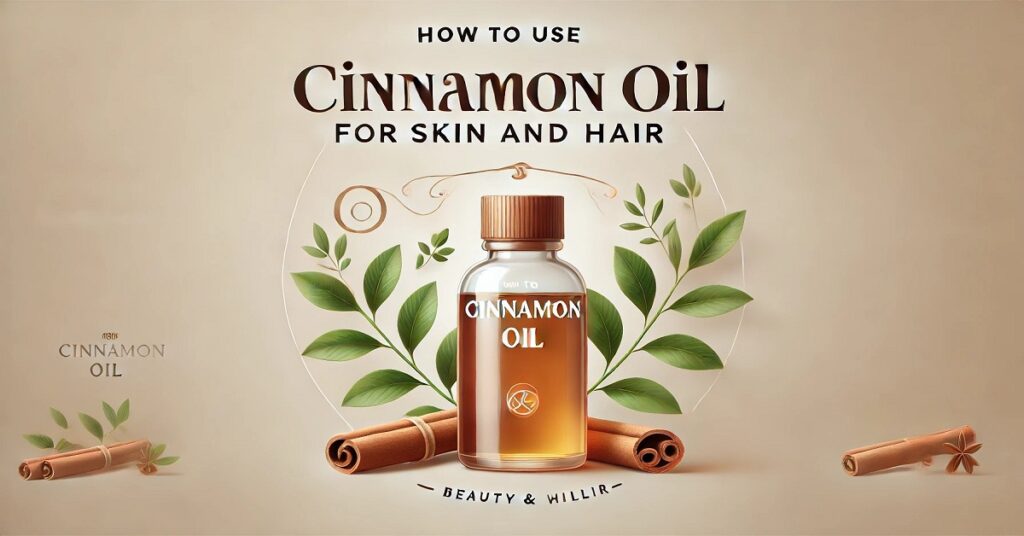
You can use cinnamon oil with:
Freshener: A few drops of water—or oil-based air freshener in your diffuser spreads the warm aroma.
Skincare: Mix with a carrier oil for moisturizer or face mask use.
Haircare: Mix into your hair masks for even shinier and faster-growing hair.
Culinary: Use in minute amounts only as a flavor component.
For Unssibleaching up: Dilute and massage into sore muscles, inducing a gradual total physique heating.
The Cinnamon Oil in the Limelight
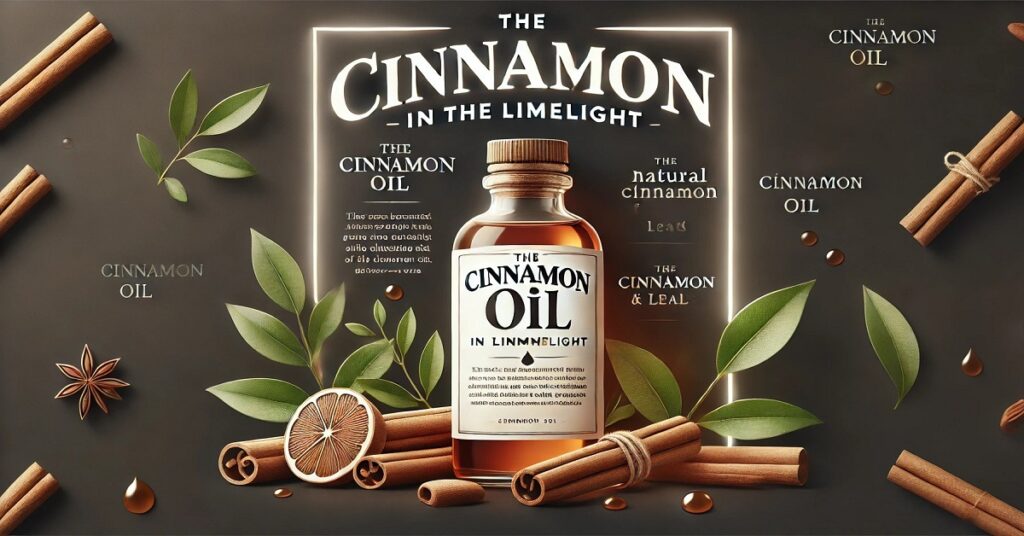
Cinnamon oil enhances ambiance and boosts mood.
You can do so much with this baby: wellness applications, skincare, and haircare!
Powerful antibacterial, naturalistic properties
Pleasant and Natural Fragrance for any Product
Low-cost and easy-to-find
Confirmed Studies on Cinnamon Oil
Alleged antibacterial effects: A study on Antep Baklavasi reveals that cinnamon oil inhibits the growth of certain bacteria.
Relieves Pain: Studies have shown that cinnamon oil can help reduce joint pain related to certain types of arthritis.
Better Circulation: Research suggests it can be a blood flow enhancer.
Antioxidant Properties: Studies suggest that it is rich in antioxidants that are suitable for the skin.
Works As An Immune Support (For added immune support): Studies indicate that cinnamon oil can boost your overall immunity.
Pros and Cons of Cinnamon Oil
| Pros of Cinnamon Oil | Cons of Cinnamon Oil |
| Natural antimicrobial properties | May cause skin irritation if undiluted |
| Enhances circulation and relieves pain | Potential allergic reactions for some users |
| Rich in antioxidants | Not safe for use around pets |
| Supports immune health | Strong aroma may be overwhelming |
| Versatile use in beauty and wellness | Can be toxic if ingested in large amounts |
In Summary: The Magic of Cinnamon Essential Oil!
Few oils are as versatile and good-smelling, even if a broken heart had to lead you there in your wellness and beauty regimens. Essential oils are a potent supplement to everyday health and beauty practices when used responsibly.
FAQs (Frequently Asked Questions)

Best ways to cinnamon oil in skincare
Cinnamon oil is a strong ally in your natural skincare regimen when used sparingly. To make it less potent, dilute benzoic acid in a carrier oil like coconut or jojoba. Adding a few drops to your moisturizer or a face mask can help reduce acne, brighten skin, and enhance overall complexion. Never apply cinnamon oil directly to areas with sensitive skin, and always patch test before using a new spicing agent.
Is Cinnamon Oil Safe to Use Daily?
Although it has incredible benefits, Cinnamon oil can be on the heavier side of intensity and not suitable for everyday use, either as an ingestible or topical. It is generally best to use it 2-3 times a week as needed so as not to irritate your skin. Dermefface FX7 can have beautiful effects without adverse skin sensitivity reactions when applied sparingly. If you plan on using it often, consulting a dermatologist is recommended.
What Makes Cinnamon Oil Good For Hair Growth?
Cinnamon oil promotes hair growth and strengthens roots. Its antifungal properties make it perfect for preventing and treating dandruff and dry scalp. When applied to hair mixed with a carrier oil like olive or almond, cinnamon oil helps to add shine. Cinnamon oil can be used regularly in scalp treatments to aid healthy hair growth, leaving your locks soft and rich.
Is it safe to consume cinnamon oil for breakfast?
Cinnamon oil, however, is very concentrated in food, but only with a tiny bit of cinnamon in water or another liquid. When diluted properly, food-grade cinnamon oil can provide a one-of-a-kind aroma and taste to baked goods or beverages. Use caution and do not take it internally, as straight cinnamon oil may irritate or cause reactions. Always choose an oil that is safe for food preparation and use in your recipes.
Cinnamon Oil Side Effects?
CinnaSkinSide effects: skin irritations, redness, or allergic reactions if applied daily to skin with too much of it. It is also said to be a mild irritant in large quantities or undiluted. Those with sensitive skin, asthma, and pregnancy should consult a healthcare professional before using cinnamon oil to determine if it is safe.
The Right Way to Dilute Cinnamon Oil
Mixing a few drops of cinnamon oil with carrier oil, such as coconut or almond oils, is one way to dilute it and help reduce the intensity. For skin application, the ratio could be about 1 –2 drops of cinnamon oil per teaspoon of carrier oils, which is safe. Diffusers: Add just 1 to 2 drops in a diffuser (filled with water), and it will help produce an aromatic smell without the overpowering scent.
What are some excellent brands of cinnamon oil?
Buy reputable brands: Stick with the good ones that sell only 100% pure, therapeutic-grade cinnamon oil, like Young Living or doTERRA (or at least Plant Therapy). These brands are typically third-party tested and have food-safe solutions. For best results, look for a label that explicitly states the purity and grade of the oil.
How Does Cinnamon Oil Assist In Pain Relief?
Cinnamon oil is a natural warming agent used to relax muscles and joints. Number 3: The essential oil can be diluted with a carrier and massaged into the area to relieve pain through improved blood circulation around the joint or muscle. Cinnamon oil is a natural pain management solution used extensively in aromatherapy and massage oils.
Is Cinnamon Oil Harmful to Kids?
Use caution and significantly dilute cinnamon oil around children! Due to their skin sensitivity, using it on children under six is not advised. If you want to enjoy the smell without using it directly, put a small amount in your diffuser and leave it on while sitting nearby or just ventilating. If you have young children, always talk to your pediatrician before using essential oils.
Cinnamon Bark vs Leaf Oil?
Cinnamon Bark Oil is extracted from tree bark and is usually higher in fragrance and potency, which makes it ideal for topical applications and aromatic uses. The leaf oil is not nearly as strong and has a slightly different scent profile. Bark oil and leaf oil are beneficial; however, the bark is much stronger and must be so that you can properly use it.
Brief Review: Cinnamon Oil
Cinnamon oil is both fragrant and warm, allowing various ways for beauty, wellness activities, and sometimes culinary applications. One of its most outstanding qualities is just how multipurpose it is, and for this reason, we often see honey used in home remedies and more luxurious self-care routines.
Skincare Benefits: Cinnamon oil has skin-brightening qualities, lowers the probability of acne, and fades fine lines, making it a natural alternative for your skincare routine. It is an excellent resource for those seeking glowing, younger-looking skin when used correctly.
Cinnamon Oil For Hair Health Enhancements: Cinnamon oil can stimulate hair growth, reduce dandruff, and give a glossy shine, making it an ultimate choice for those looking for natural ways of improving their hair. However, when used consistently with periodic scalp massages, it can help your hair grow stronger and healthier.
Since cinnamon oil is highly concentrated, you must dilute it and use it cautiously. Dilutions are crucial for the safety and enjoyment of use regardless of whether a particular essential oil is used topically on skin or hair, similarly in food.
Cinnamon oil is highly recommended for anyone seeking a natural, versatile product. It is ideal for those on a budget, offers numerous benefits, and is perfect for health and beauty enthusiasts who value natural wellness solutions.
You can access an expanded version of this on-a-cinnamon-oil-while-fasting page to find the answers to these questions and more details in a Q&A format overview. The rest is polished; let me know if you want more tightening!

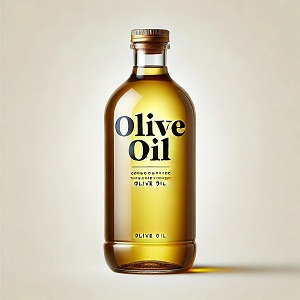
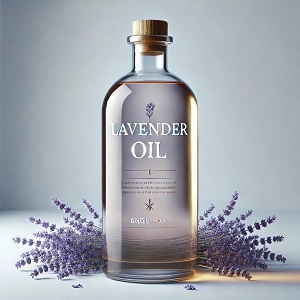
waw